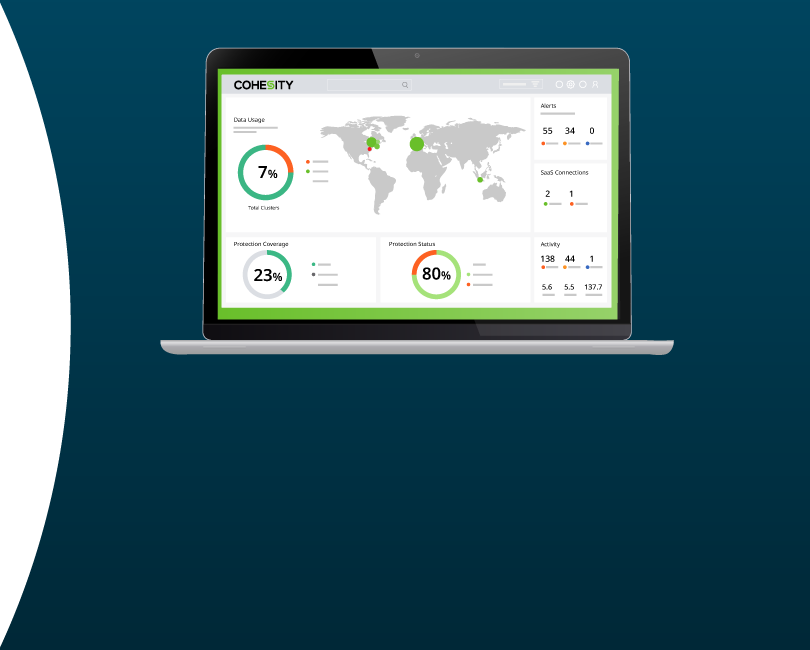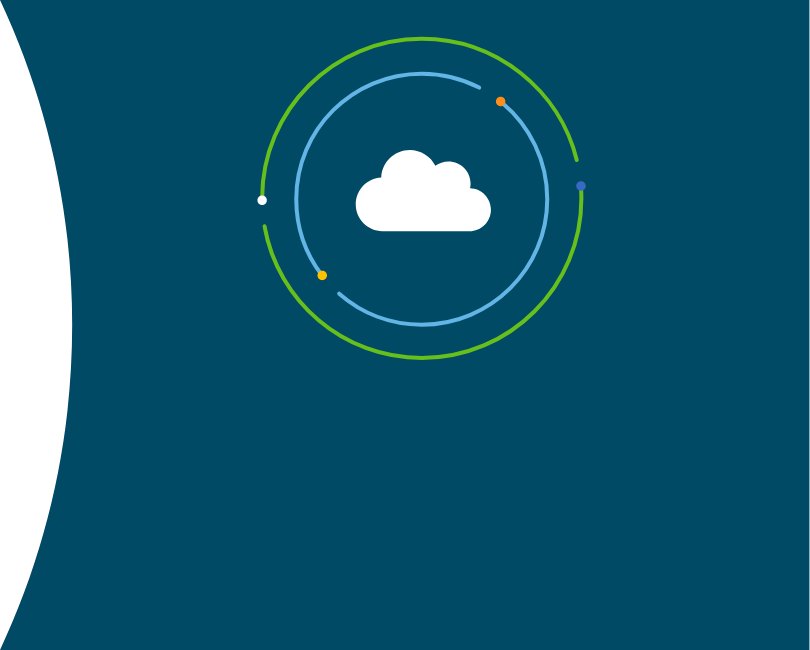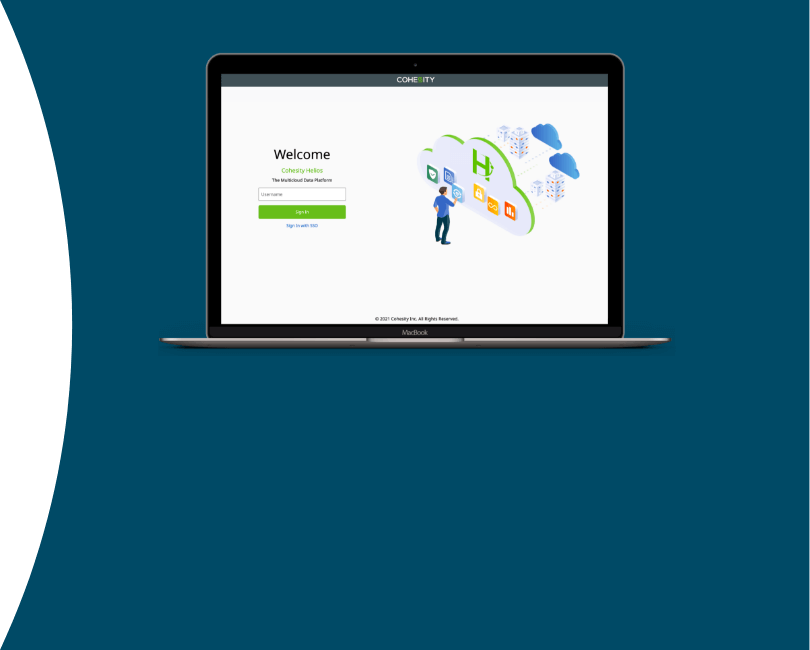

Cohesity named a Leader again! 2023 Gartner® Magic Quadrant™ for Enterprise Backup and Recovery Software Solutions
The only solution designated as a Leader in all the top analyst reports.
Gartner, Forrester, IDC, Omdia, GigaOm, and KuppingerCole recognized Cohesity as an industry-leading vendor in security posture, ransomware protection, unstructured data management, cloud backup, scale-out file storage, and data protection.
4X Leader in 2023 Gartner® Magic Quadrant™ for Enterprise Backup and Recovery Software Solutions

GigaOm Ranks Cohesity the top Leader in GigaOm Radar for Hybrid Cloud Data Protection

ONLY vendor to be selected Customers’ Choice 5X running for Enterprise Backup and Recovery Software Solutions
Highest Leaders score, Strategy and Market Presence, Q4,’22 Forrester Wave for Data Resilience Solution Suites
of the
TOP 10
FORTUNE 10

of the
TOP 20
US BANKS

of the
TOP 100
FORTUNE 100

Prevention and detection of malicious activity: Modern data immutability/WORM, 2FA/TOTP, VM vulnerability detection, ML-driven anomaly detection, one-click, industry-leading threat protection and data classification
WORM not customizable: Lack of flexibility to lock for different periods in archives vs. local copies, which raises costs, increases compliance risk, shortens protection, and discourages use; no VM vulnerability detection; currently uses manual YARA rules and Regex for threat hunting and data classification
Protection for in-progress backups: Adapters use closed API/RPC protocols and adapterless dump-to-NAS workflows supporting NFSv4.1 ACLs to protect from exfiltration or sabotage
Higher exposure to exfiltration or sabotage: Fewer applications supported by adapters; in-progress NFS dumps may be accessed on the network for exfiltration or sabotage
Strict access control: Quorum support for multi-person concurrence on sensitive actions
Greater risk of rogue actions: No quorum controls to prevent most unilateral admin actions, such as maliciously exporting data
Bank-grade cyber vaulting with FortKnox: Immutability, Cohesity-managed key option; quorum-controlled operations, rapid restore, and time-limited network access (reducing attack surface)
Just a vendor-supplied storage bucket: Customer still responsible for managing multiple risks themselves; fewer layers of protection, doesn’t meet bank requirements or maximize restore speeds
Restore production and populate recovery sandboxes faster: Immediate and scalable restore of VMs and databases for faster forensics, sandboxing, and recovery
Slower recovery: Chain-based metadata processing requires “stitching together” of snapshots when restoring at scale
Reduced downtime: Resume NAS file sharing immediately without restore, and/or rapidly restore to primary storage
Files offline longer: Can’t immediately put file shares online; slow restore to primary
Production-grade I/O reliability: Writes never lost, near instant recovery; not interrupted by reboot or hardware failure
Risk of data loss: Risk of VM interruption or data loss due to node loss or unplanned reboot
Simple closed-loop SIEM, SOAR integration: Complete incident response within Palo Alto XSOAR, Cisco SecureX, Microsoft Sentinel, or Crowdstrike
More complex incident response: Two UIs needed; Palo Alto XSOAR and Microsoft Sentinel integration only
Speedier data reuse: Rapidly restore to get data immediately for dev/test or analytics
Slower access to data: Less scalable live mounting and restore
Data masking: Anonymize sensitive information before it leaves the backup repository
Potential PII exposure: Dev/test workflows create risk without masking
Single secure data management platform: Enable multiple use cases including file & object services, DR, and copy data management with a reduced attack surface
Just a backup: Single-purpose architecture requires additional silos for use cases beyond backup and recovery
Freedom to choose SaaS, self-managed, or both: Same GUI for SaaS, on-prem workloads, and M365
Either/or: SaaS limited to protecting M365; separate GUI for SaaS administration
25% more space efficient than Rubrik, including across cloud: Typical for most workloads due to superior sliding-window dedupe, Zstd compression1
33% more space required than Cohesity: Typically due to fixed block sizes, limited dedupe across source types and less compression. No dedupe supported for flash media.2
Future proof: Mix between whitebox and your choice of a supported major h/w vendor without an expensive lock-in
Hidden costs: Mixing hardware limited to single vendor
1Space saving estimate based on a typical mix of VMs, databases, and file shares as observed in head-to-head sizing and as relayed to Cohesity by prospects.
2 When Cohesity needs 25% less space, if Rubrik needs 100 TB then Cohesity needs 75 TB; compared to the 75 TB that Coheity needs, Rubrik needs 25 more TB, which is 33% more than Cohesity needs; if Rubrik has not quoted 33% more license than Cohesity, then Rubrik is likely not quoting enough license to provide sufficient in-cluster retention to recover rapidly from sophisticated attackers.
Take a modern approach to cyber resilience for hybrid and multicloud environments.

Only Cohesity brings data security and management together in one simple, secure, scalable platform.

Protect your data—whether it’s on-premises, in the cloud, or at the edge.

Remove infrastructure complexity, protect your data, scale on-demand, and rapidly recover.

The analysis we have provided here (a) is intended only to provide you information about Cohesity and our business and products; (b) was believed to be true and accurate at the time it was written, but is subject to change without notice; and (c) is provided on an “AS IS” basis. We disclaim all express or implied conditions, representations, warranties of any kind.
Cohesity is a registered trademark of Cohesity, Inc. Company names, company logos, and product names may be trademarks of the companies with which they are associated.